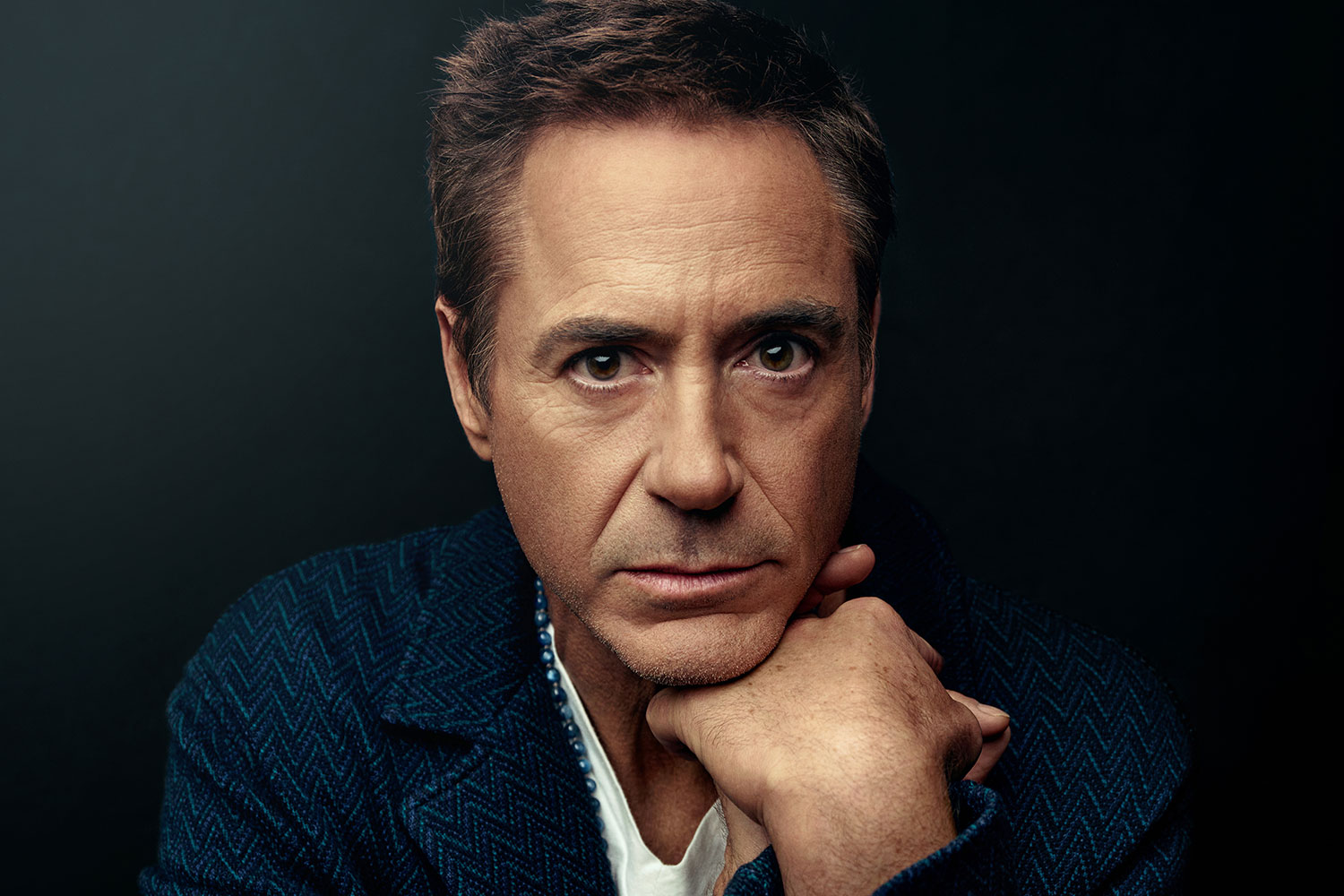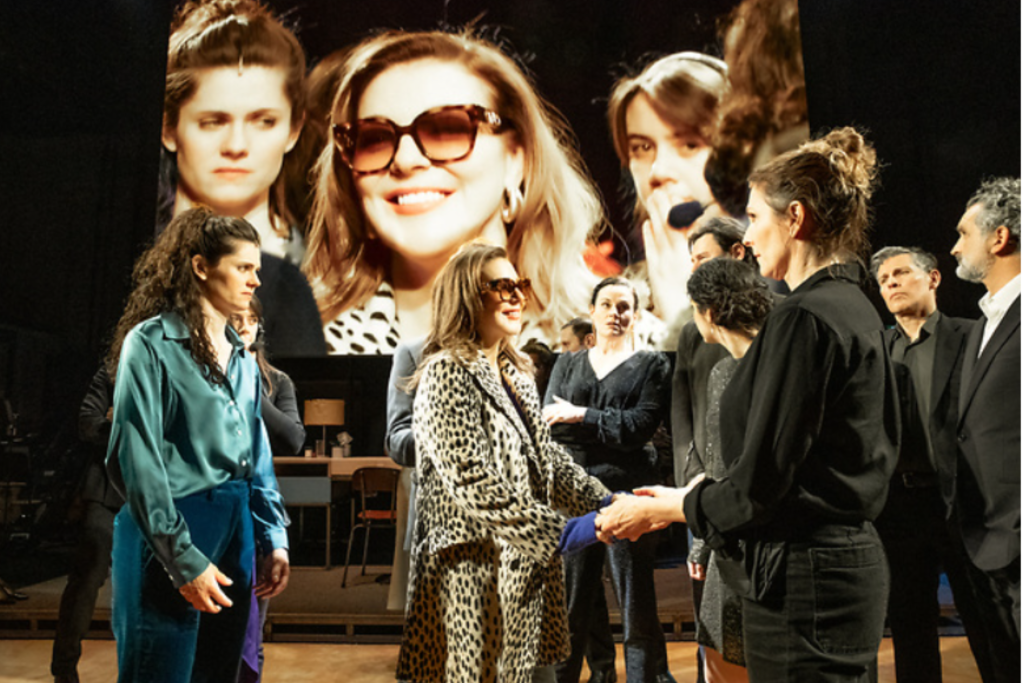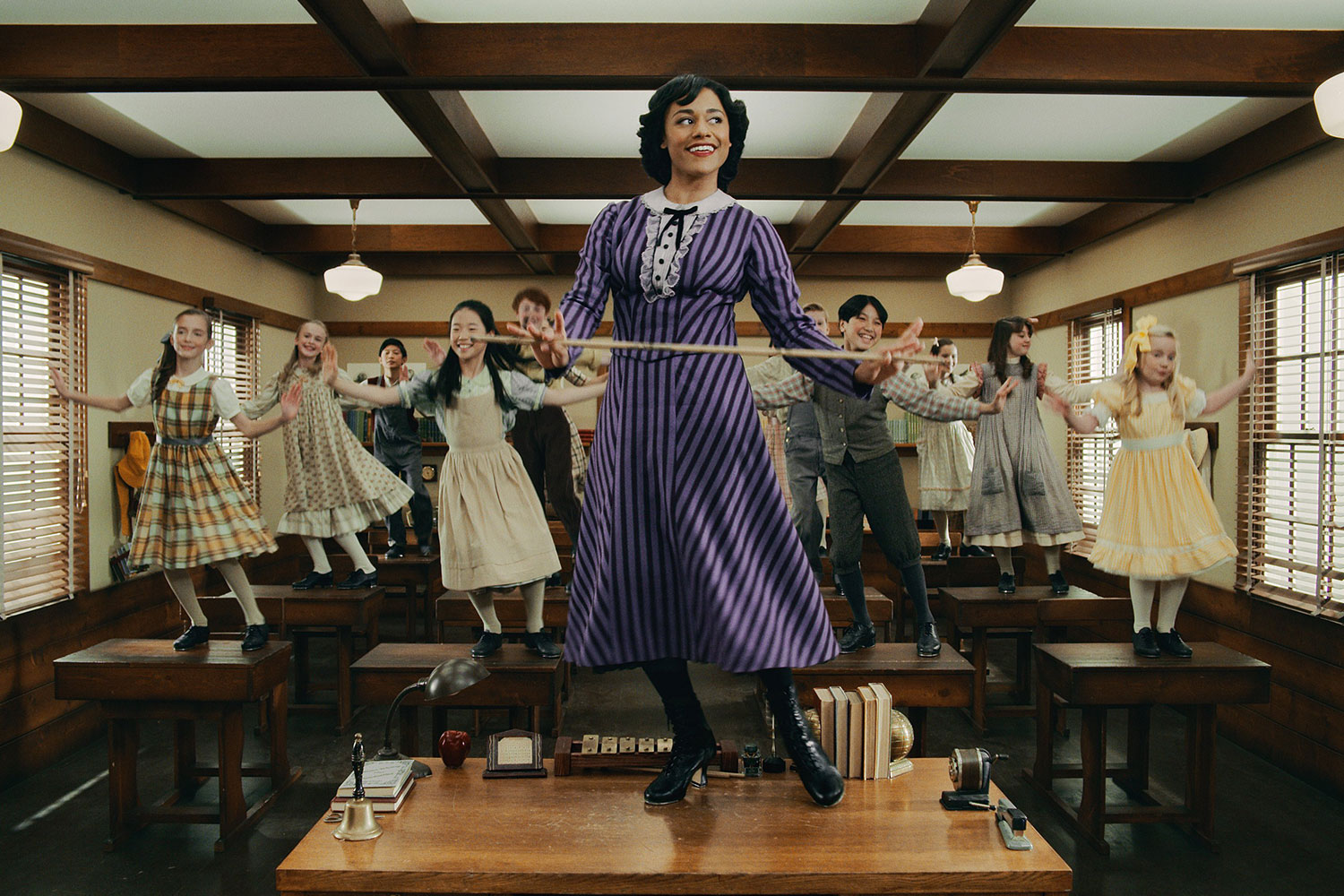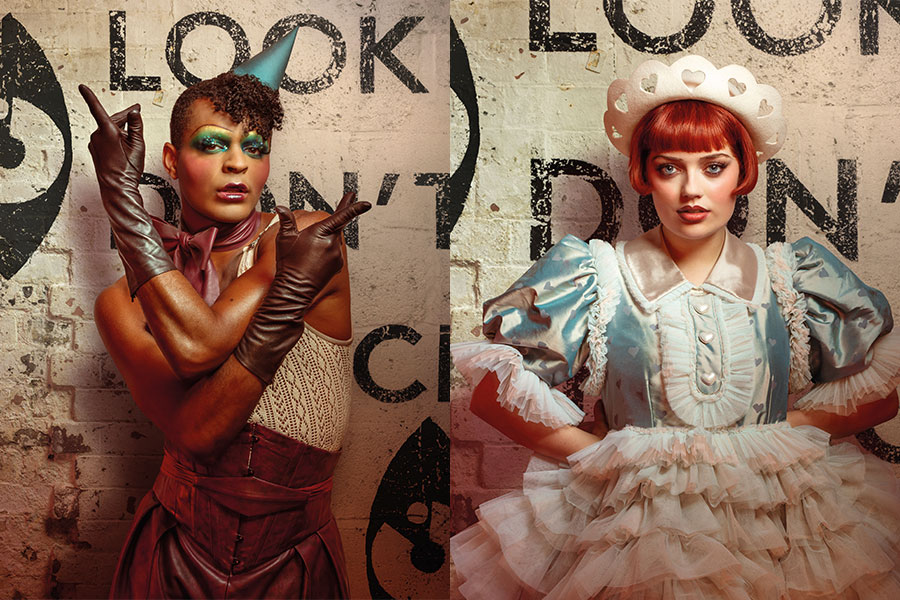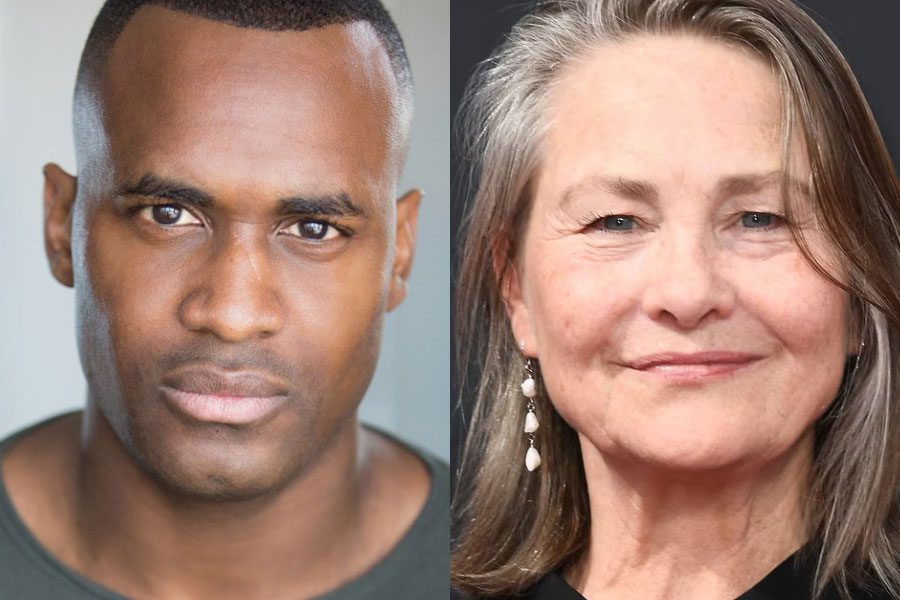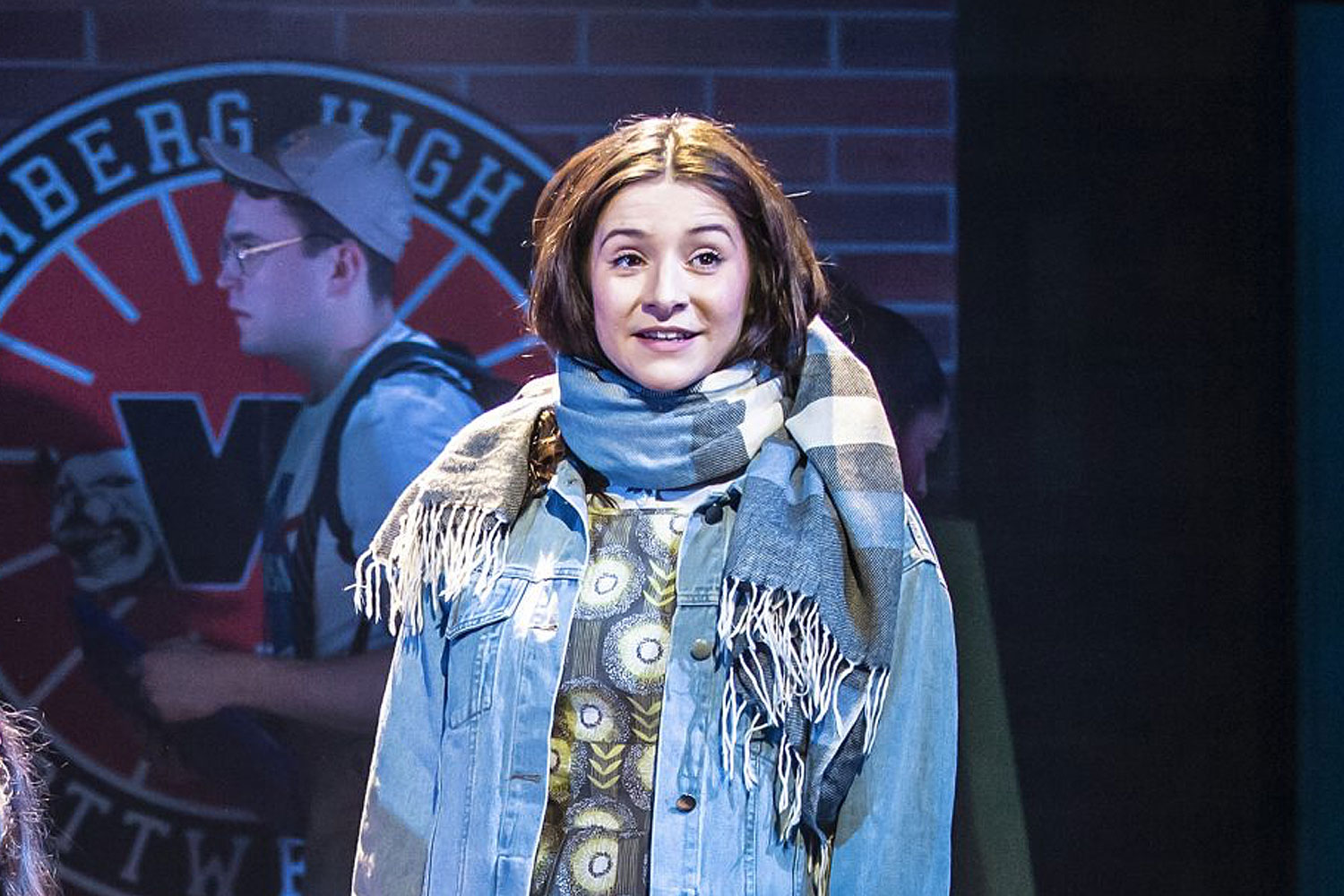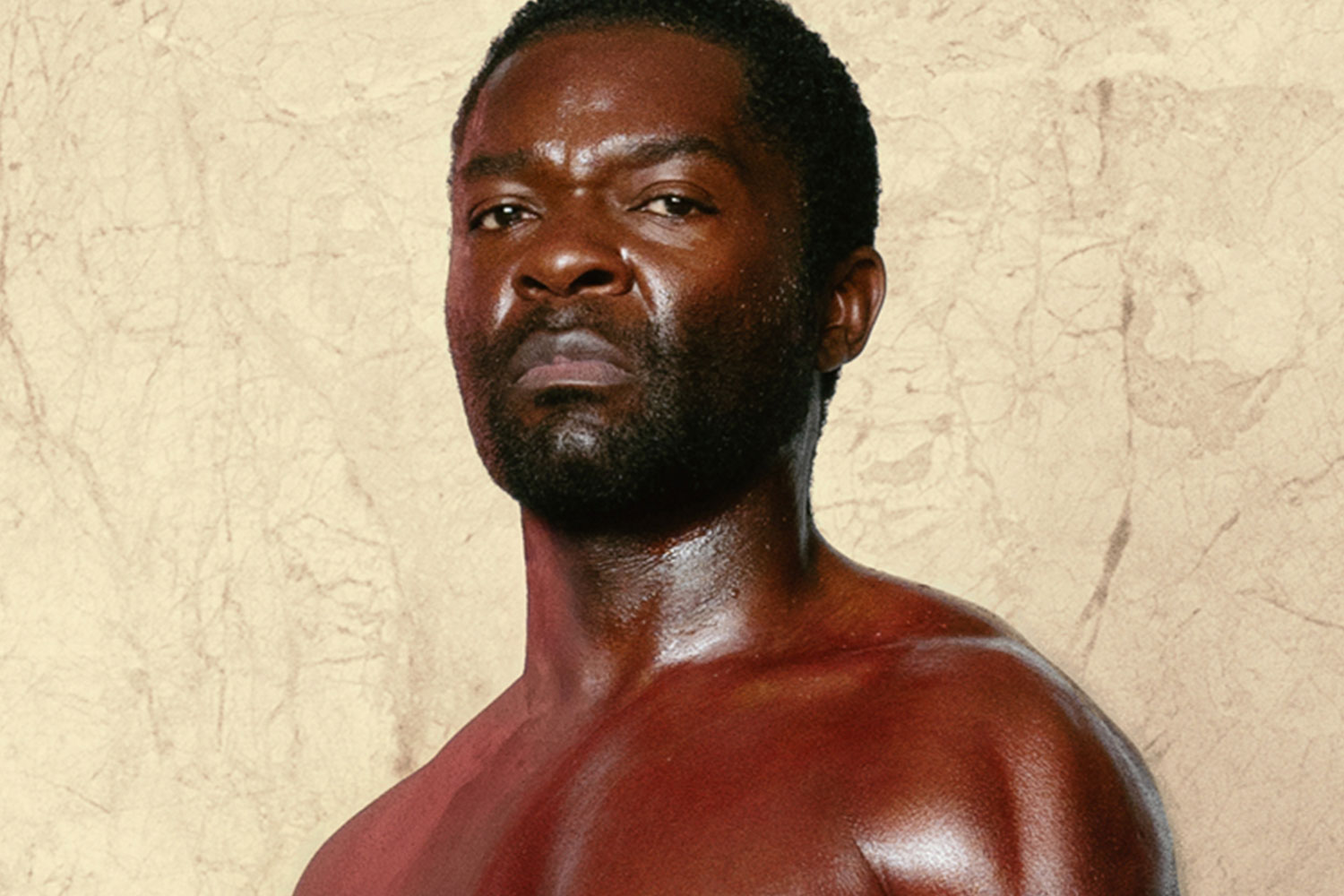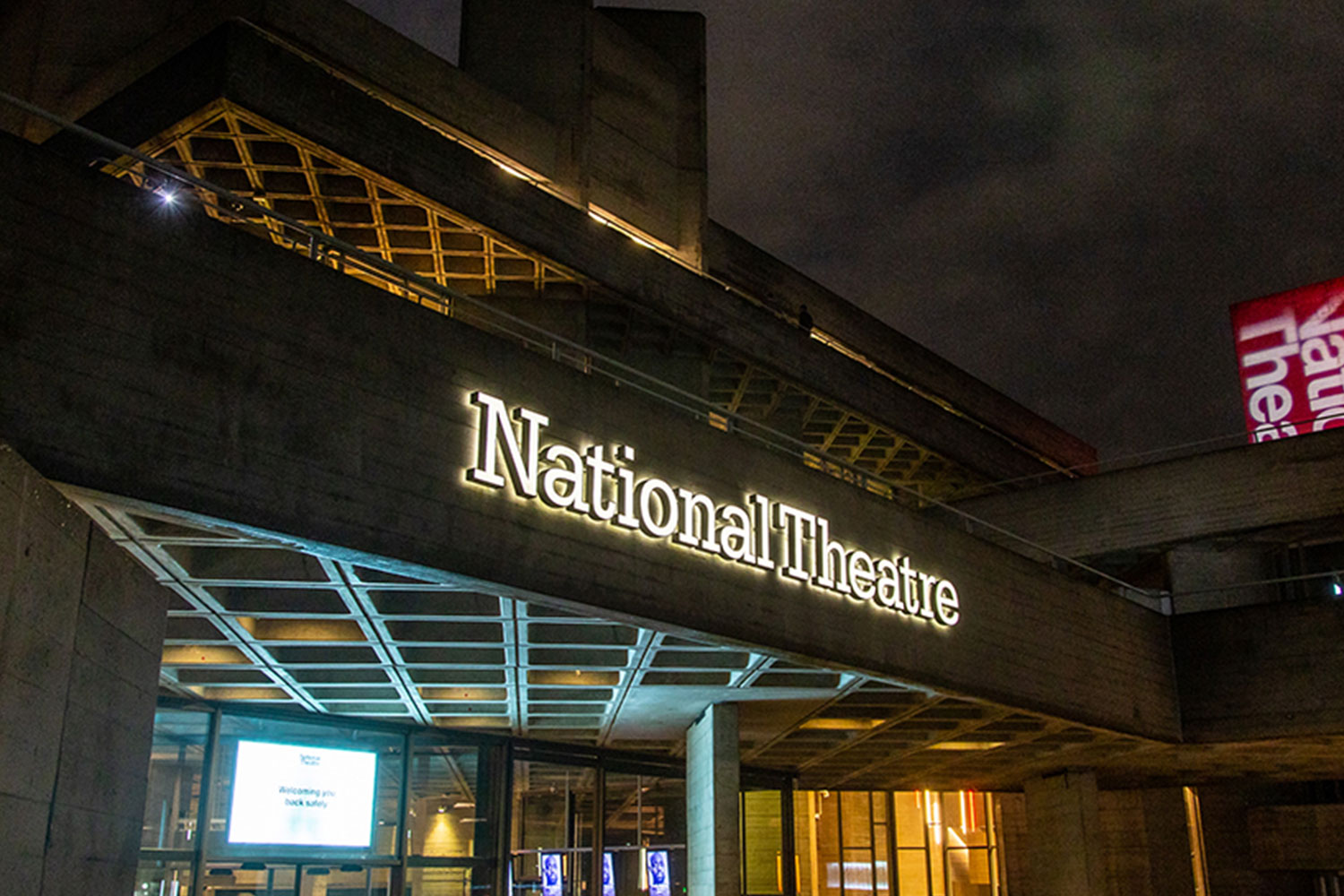Past/Present/Future for … Toby Jones
PAST: The Play What I Wrote was definitely a milestone for me. I’d been a fan of The Right Size – aka Sean Foley and Hamish McColl – and had taken part in a few workshops with them. A couple of times they asked me to do shows but I wasn’t available. Then they said, we’ve got this show about Morecambe and Wise and we’d love you to play all these parts in it. I remember saying two things. Firstly, I said, it seems crazy that you want to do a show about Morecambe and Wise when they are so beloved of the British people and you don’t want to get involved in some tribute where you might be compared unfavourably. Secondly, I thought it was a bad idea because I didn’t want to play lots of little roles. So they made it one character who plays lots of little roles and that became more appealing.
Then, thanks to the confidence of producer David Pugh, they pulled off this amazing theatrical coup of delivering different guest stars every night, just like Morecambe and Wise did on their TV programme every week. Having a new member of the cast all the time meant a lot of rehearsals – each guest star was promised at least two rehearsals and we delivered. It was thrilling to work with so many people in such a quick format.
The guest star appearance worked in lots of different ways but, as with Morecambe and Wise, the most effective were the high-status ones, revered actors like Ralph Fiennes or David Suchet, or other highly respected people like Bob Geldof and Sting. That was pretty thrilling. I can’t imagine many other circumstances in which I might meet and work with some of those people and lampoon them too. Fantastic!
The Play What I Wrote was unlike any show that had been done before and it was a really exciting project, but I don’t think any of us, least of all me, had any idea how successful it would be. I certainly didn’t think it would ever go to America, mainly because Morecambe and Wise never broke into America. But we adapted the show and ran for four months on Broadway – which was pretty good for a show about comedians people had never heard of.
I’m sure the success of The Play What I Wrote, and winning the Olivier, must have had an impact on my career. But journalists are paid to see patterns that I don’t think it’s healthy for actors to see themselves. I can tie down specific circumstances to a lot of jobs – I got that because of that and such – but I try not to make any great pattern out of it. A lot of people had seen me perform by the time I finished The Play What I Wrote, so it made me more recognisable to casting directors and directors. I’m not sure that the work that came directly out of it was always the work that I thought was best to do next, but then as an actor, you’re always trying to avoid being typecast.
PRESENT: It’s been many years since I was on stage and now suddenly I’m in two plays in a row. Again, that wasn’t a deliberate policy. This new play by Jez Butterworth, which I’m doing now at the Almeida, was the most exciting script I’d been offered for a long long time. After I committed to that, by chance I spoke to Tom Morris, who said he was doing Every Good Boy Deserves Favour at the National and, if I fancied it, it would fit in with my dates for this, which it did.
Every Good Boy was a play I knew from school. When I went to see Tom and Felix Dennis, they described what they wanted to do with the production, with the actors and orchestra, and I became very excited about the whole idea of reinvestigating and re-integrating all the different elements to make a piece of genuinely total theatre.
The first time I read Parlour Song, which is set in a British suburban location, I thought it was like English David Lynch. It’s about people denying sexual desires and trying to sublimate those desires in consumerism, in pastimes and leisure pursuits. However, their refusal to confront their desires begins to manifest itself in a dream world, with their dreams taking control of their lives. If that sounds strange, it’s because it is strange. On the one hand, the play takes place in a very concrete, recognisable environment; but at the same time, there’s something very dark and even surreal about what happens. In that way it reminded me of David Lynch.
I play Ned, who is a cuckold. Unbeknownst to him, his wife is having an affair with the next door neighbour. Ned’s either in denial or he’s deluded about this. He’s a demolition expert and is haunted by dreams of complete and utter destruction. He’s also someone who is used to staying in control, but gradually his life spins out of control, which is both extremely funny and disturbing.
The writing in Parlour Song also reminds me of Pinter, where the humour is nothing to do with you, but entirely to do with the audience feeling tense and excited by the dialogue in ways they can’t quite articulate. It’s menacing, frightening and – as with all, not just theatrical, but artistic experiences – it’s disorientating. You are put in a different place so that you see the world slightly differently afterwards.
In a way, you have to try to find your own version of the story or a coherence to the story because there is no single right answer. Jez – who has been involved in rehearsals, and has a long relationship with our director Ian Rickson – doesn’t know either, or he doesn’t want to tell us the answers to the questions.
FUTURE: Yes, we can talk about the future. Any ideas?! I’m currently doing the new Harry Potter film; in fact, the last two Harry Potter films. I’m also developing a eco project with the National Theatre Studio and BAC called The Lightswitch Project, which will be both an educational and theatrical project based on analysing and articulating what happens when you switch on a lightbulb. Until we can understand that and put it into words, we won’t know why we have to switch them off.
Climate change is unavoidable. It’s a consideration in everything that everyone does now. It doesn’t strike me as an issue anymore because it’s sort of above and beyond that. It’s more a context in which issues happen rather than a separate issue itself. There are about five of us devising the piece, which we’re going to do on radio first and then a piece of theatre will come out of it.
The other things I’m working on are films, but they’re not quite in a position to talk about at the moment. I try to view everything – whether it’s a radio script, an educational project, a play or a film – according to how different it is. More than anything else, I love contrasting challenges. I’m going to be having a better time if I keep doing different things.
Parlour Song opens on 26 March 2009 (previews from 19 March) at the Almeida Theatre, where it continues until 9 May. The European premiere is directed by former Royal Court artistic director Ian Rickson, who also helmed the premieres of Butterworth’s Mojo, The Night Heron and The Winterling all at the Court, where he’ll return this July to direct the premiere of Butterworth’s latest play, Jerusalem. Jones is joined in the cast of Parlour Song by Amanda Drew and Andrew Lincoln.



